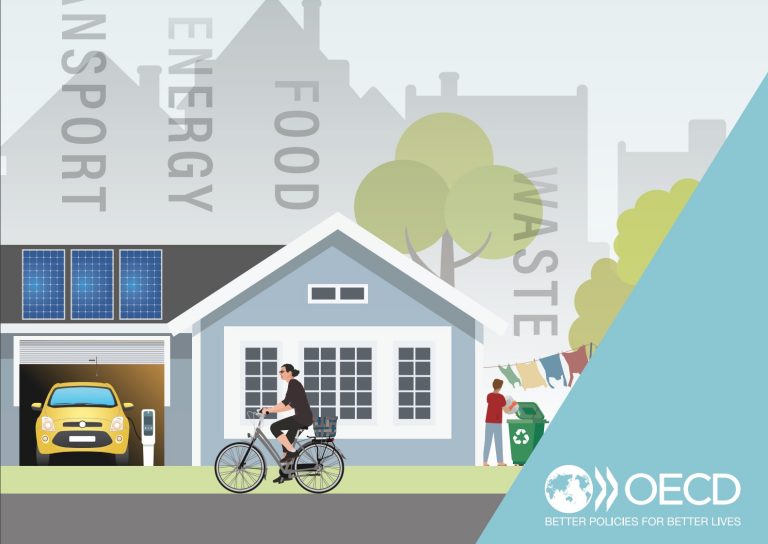The future of learning
“Since the 1980s there has been an increasing emphasis on educating individuals who are able to constantly update and upgrade their skills to do well in a competitive new economy which relies on new technologies, new ideas, and perpetual innovations. According to this basic model, smart learners will help rescue a nation at risk at the same time as delivering the middle class dream. Much of the work done on integrating new technology into education over the decades since then has been a variation on this basic simplification. The dream of the future embodied in these efforts has been of hi-tech, high-skills, high-wage knowledge work.
However, the promise of hi-tech learning leading to high-skills and high-wage knowledge work has now been found to be broken. […]
Clearly, the hi-tech, high-skills, high-wage future that has been promised to youth since the 1980s now looks less and less sustainable, besides being ethically dubious in the first place. […] The vision of hi-tech schooling ought to be queried and debated. […] Does the digital media and learning field offer an adequate prospectus for what Giroux calls “a future that needs your skills, critical judgment, sense of responsibility, compassion, imagination, and humilityâ€?”





A fascinating article was published in the Miami Herald in 1991 Called “Technological Apartheid.” It expounded on the issues of providing the often necessary education that was costly and the inaccessibility of access to products and internet connections due to prohibitive costs and a depressed education system. This then was not going to promote job growth but instead only allow those who were financially capable of withstanding the education and re-education costs. Fast forward and consider all the k-12 schools closing how then do the underprivileged benefit from the dream of a job market meant to better the world as far as resources and income. I was in this field and It occurred to me then that it was a field for the privileged and those with extremely high learning curves. I don’t technology doing anything except providing for a widening income gap due to a poor k-12 education from the start.